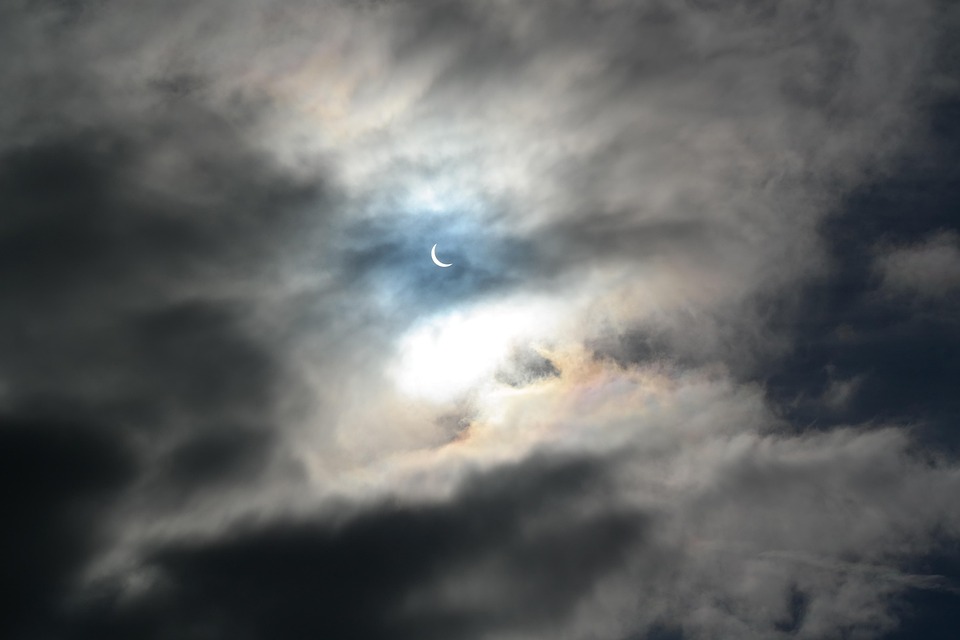Solar eclipses have captivated human imagination for centuries, with ancient societies often viewing these events as significant omens that required ritualization and interpretation. In this article, we will delve into the ways in which ancient cultures perceived and responded to solar eclipses, exploring the diverse range of beliefs, myths, and practices that surrounded these awe-inspiring events.
Ancient Mesopotamia: Solar Eclipses as Omens of the Gods
In ancient Mesopotamia, solar eclipses were believed to be messages from the gods, signaling significant events or warnings of impending disaster. The Mesopotamians developed a complex system of astrology, where eclipses were seen as omens that required interpretation by skilled priests and diviners. These interpreters would analyze the timing, duration, and characteristics of the eclipse to determine its meaning, often using this information to advise rulers and influence decision-making.
Ancient China: The Dragon’s Swallowing of the Sun
In ancient Chinese culture, solar eclipses were attributed to a legendary dragon that would periodically swallow the sun, plunging the world into darkness. To ward off this dragon and restore the sun’s light, Chinese astronomers and astrologers would perform elaborate rituals, including the beating of drums and the firing of arrows into the sky. These practices were designed to scare the dragon away and ensure the sun’s safe return.
Rituals and Practices
Ancient societies developed a range of rituals and practices to mark solar eclipses, often reflecting their deep-seated fears and anxieties about these events. Some common practices included:
- Prayer and sacrifice: Many ancient cultures offered prayers and sacrifices to their gods during solar eclipses, seeking to appease their deities and prevent disaster.
- Astronomical observations: Ancient astronomers would carefully observe solar eclipses, recording their timing, duration, and characteristics to better understand these events and predict future occurrences.
- Ritual performances: Elaborate rituals, such as music, dance, and theater performances, were often staged during solar eclipses, serving to entertain, educate, and reassure the populace.
Ancient Greece and Rome: Solar Eclipses as Signs of Imperial Destiny
In ancient Greece and Rome, solar eclipses were often seen as signs of imperial destiny, with these events believed to foretell the rise or fall of empires. The Greek historian Herodotus, for example, attributed the solar eclipse of 478 BCE to the impending defeat of the Persian Empire. Roman emperors, meanwhile, would often interpret solar eclipses as omens of their own power and authority, using these events to legitimize their rule and predict future conquests.
Legacy of Ancient Solar Eclipse Traditions
The ancient traditions surrounding solar eclipses continue to influence modern cultures, with many societies still viewing these events as significant and awe-inspiring. While our understanding of solar eclipses has evolved significantly since ancient times, the emotional and psychological impact of these events remains profound, inspiring a range of responses from scientific inquiry to spiritual reflection.
In conclusion, the ancient societies’ interpretation and ritualization of solar eclipses reflect a deep-seated fascination with these events, as well as a profound appreciation for the mysteries of the celestial realm. As we continue to explore and understand the workings of the universe, we would do well to remember the rich cultural heritage surrounding solar eclipses, and the enduring power of these events to inspire and captivate human imagination.


Leave a Reply